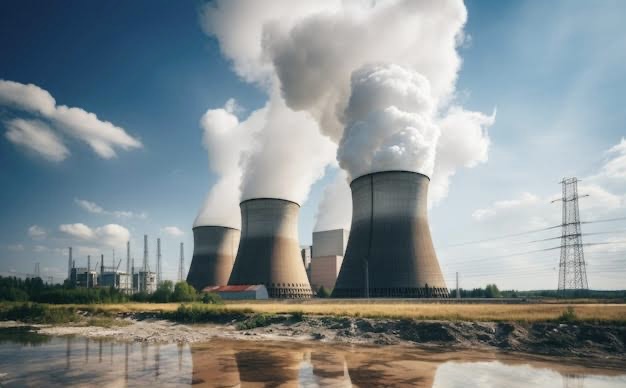KEY POINTS
- Energy Minister Ramokgopa and business groups have urged Eskom to drop its court challenge against Nersa’s approval of five electricity trading licences.
- Critics accuse the utility of protecting its monopoly and delaying reforms aimed at ending chronic power shortages.
- Eskom argues the licences violate its rights and threaten its revenue base, while regulators promise faster rulemaking to open the market.
Both business titans and political leaders are criticizing South Africa’s power monopoly for attempting to block a crucial energy reform in court, which they say could jeopardize plans to open the electricity market and put an end to decades of rolling blackouts.
Eskom’s decision to sue the National Energy Regulator of South Africa (Nersa) was described as “surprising” and “counterproductive” by Chris Yelland, managing director at EE Business Intelligence. He cautioned that the lawsuit could continue for years while market reforms are delayed. His comments followed Energy Minister Kgosientsho Ramokgopa’s public call for the utility to drop its case, a rare rebuke that Yelland says shows dissatisfaction from the highest echelons of the government, including the presidency.
“This is an intergovernmental dispute,” Yelland told Johannesburg’s 702 radio. “The constitution requires that government entities resolve their differences without resorting to court action.”
Political and business leaders join the fray
The dispute arose from Nersa’s approval of five electricity trading licenses, an action intended to bring competition to an Eskom-dominated market for a long time. Yelland believes that the regulator’s promise to expedite new trading regulations, cutting the timeframe from a year to as short as three months, undermines Eskom’s defense of the lawsuit.
Eskom, however, contends that awarding several licenses in the same region is a violation of its current rights and might enable private merchants to “cherry-pick” valuable clients, thereby jeopardizing its cross-subsidy scheme. Yelland calls that assertion “nonsense,” stating that the customers in question are not being poached but rather are pursuing freedom of choice.
In their comments, Business Unity South Africa and Business Leadership South Africa urged the government to halt Eskom’s lawsuit. They charge the utility with preserving its monopoly at the price of investor confidence and energy security. In a joint statement, the groups cautioned that “these actions create uncertainty, delay critical projects, and prolong the devastating economic and social impact of load shedding.”
The stakes for the ministry go beyond legal disputes in court. Parallel legal and regulatory procedures run the risk of undermining confidence in the reform program, which intends to increase industrial competitiveness, diversify generation sources, and restore a steady supply of electricity, Ramokgopa warned.
Having overseen one of the longest-running energy crises in history, Eskom now has to balance upholding its legal position with dealing with mounting corporate and political pressure to obstruct reforms that many believe are essential to South Africa’s economic future.



